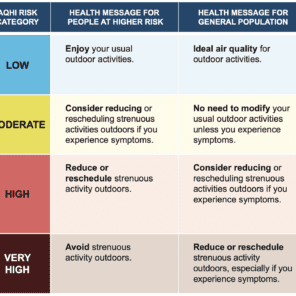Client: Cannabis Directorate, Health Canada
Listing of the client in no way affirms the client's support, sponsorship, or validation in any form of Risk Sciences International or the RSI staff member(s) who conducted this project during their stay with RSI or prior to joining the company. This case study is displayed for informative purposes only to demonstrate the capacity of RSI staff members. This case study reveals no proprietary information or information deemed sensitive.
Technical Support for Risk-Based Decision Making (RBDM)
To enhance the oversight of cannabis production under its regulatory mandate, the Cannabis Directorate sought expert support in developing a risk-based decision-making framework tailored to its compliance and enforcement responsibilities. The directorate aimed to better assess and respond to non-conformance with Good Production Practices (GPP) as defined in the Cannabis Act and Regulations, using a data-driven approach.
To meet this objective, RSI was engaged to deliver a suite of tools and guidance documents supporting the design and application of risk-based methodologies. This included the creation of public risk lexicons and taxonomies for hazards, harms, and risk controls specific to cannabis production. A common measurement methodology was developed to assess diverse risks across the Directorate’s mandate, supplemented by preliminary risk estimates based on selected use cases. These estimates served both analytical and training functions.
RSI further supported the development of practical guidelines for risk assessment and led efforts to establish a data acquisition strategy that addressed gaps in existing program data. Foundational work also included designing a structured data model to integrate risk, control, and cost dimensions in a way that supported evidence-based decision-making.
Experts related to this case study
More RSI Case Studies
RSI presents a very small selection of case studies to highlight some of its key work.





















